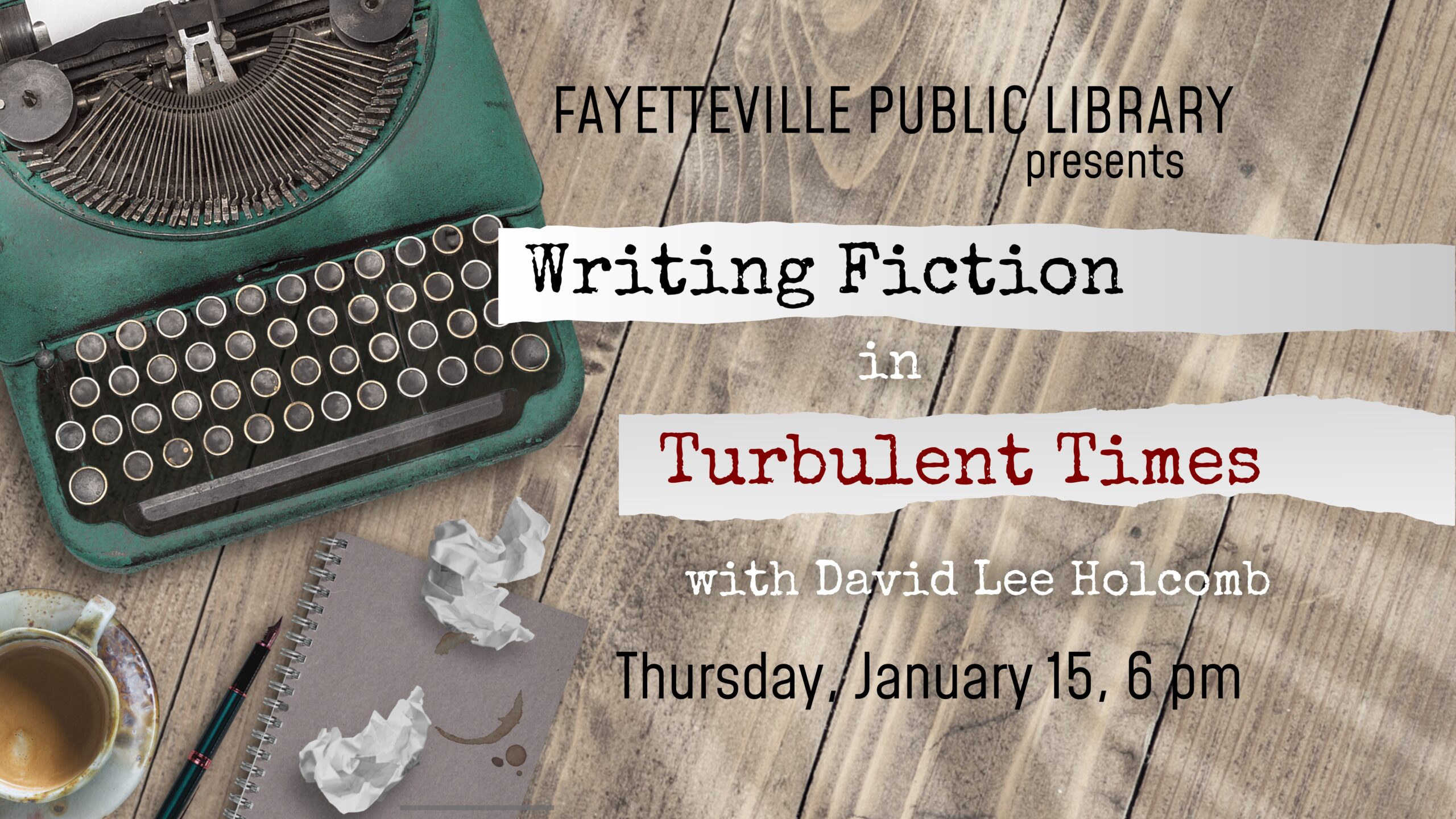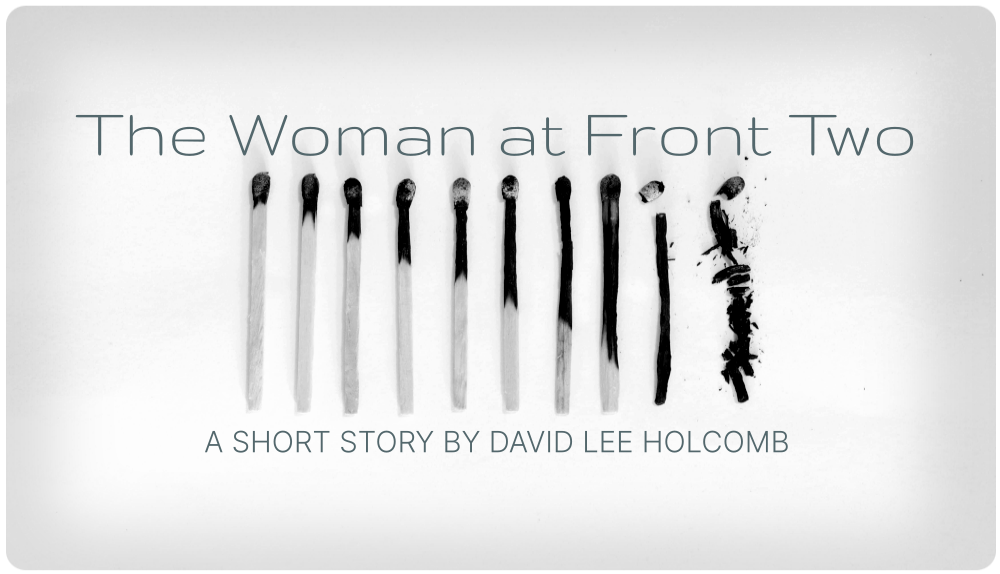-
“Writing Fiction in Turbulent Times”
•
This is the full content of my presentation from the evening of January 15 at the Fayetteville Public…
-

“Writing Fiction in Turbulent Times”
•
>Writing is an incredibly lonely business. You have to lock the door, turn off the phone, put Facebook…
-
Audio: Local Author Open House!
•
A clip from an interview with our local public radio station to promote an author event.
-

Proof of life…
•
Sales on my first fantasy novel, Strange News, are going reasonably well — knock wood! In terms of…
-

Fiction: “The Woman At Front Two”
•
The woman at table Front Two does not look happy. This seems wildly unfair, given that she is…
Recent Posts
- “Writing Fiction in Turbulent Times”
- “Writing Fiction in Turbulent Times”
- Audio: Local Author Open House!
Social Media & Email
Sign up for email notifications!
Click here to get on my mailing list for advance info and excerpts from upcoming work and events. Just put “Mailing List” in the subject line.



